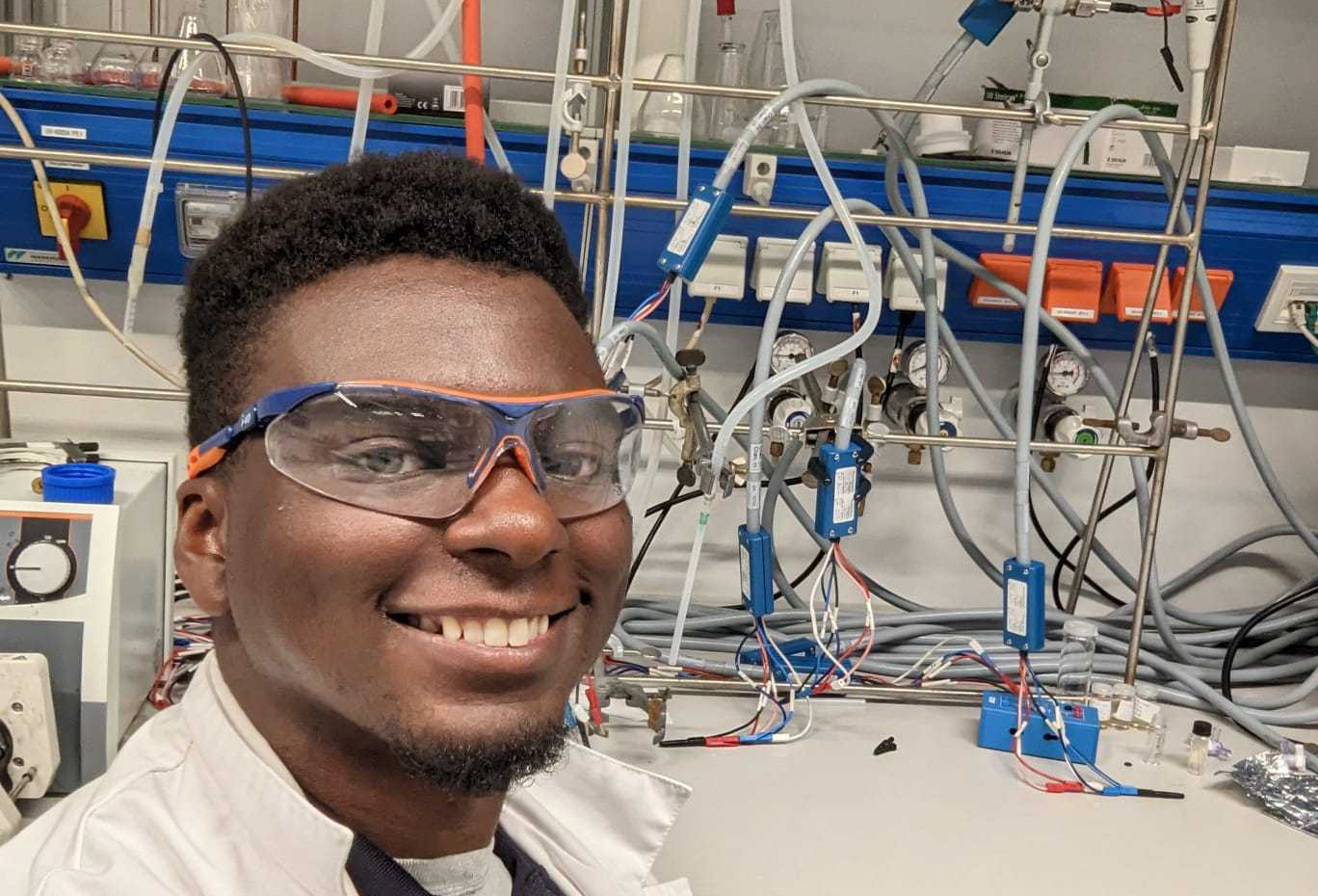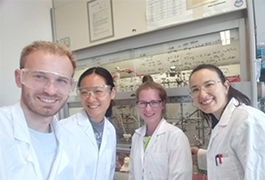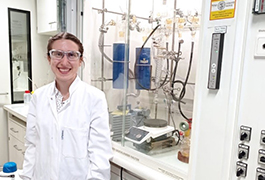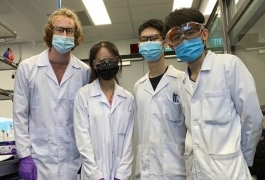How To Succeed at Your Undergraduate Research Project

So, you’ve been thinking about undergraduate research in the chemical sciences. Perhaps your program requires you to do a semester (or more) of independent research. Or maybe you have enjoyed chemistry and want to learn more about the discovery process. Perhaps your favorite professor has been hounding you since freshman year to stay at school one summer and do some organic synthesis.
Whatever the reason, an undergraduate research project is a good idea. Research can help you process and use what you learned in your chemistry courses. Plus, the hands-on chemistry process can be incredibly rewarding; for many chemists, there is no more fulfilling experience than doing one’s part to design and implement experiments that answer a scientific question.
But before you begin the project, even before you start looking for an advisor, there are some important questions you may want to ask yourself.
What kind of research is best for me?
Research projects tend to fall somewhere on the spectrum between “basic” and “applied.”
Basic research is designed to answer an interesting question about nature — for instance, “Is it possible to make a 1,3-substituted pyrazole starting with hydrazine and a diketone?” The researchers may not even have an end use for pyrazoles, but they may still believe that finding a novel way to make pyrazoles contributes to the existing body of knowledge about chemistry.
Applied research, on the other hand, focuses on the development of a new technology or method to be used for a specific purpose. Applied research often centers on discovering new scientific knowledge regarding the application of a product, process, or service. A good example would be, “Is it possible for us to develop a method to find peroxide explosives on clothing at a parts-per-billion level using mass spectroscopy?” Applied research projects have more specific goals than those involving basic research and lead to more applications in the real world.
If you want to be able to explain a tangible application of research, you should probably pursue a more applied project. If you are more interested in learning something new and exciting for its own sake, either applied or basic research might work well. Often, professors will have ideas for projects that span the continuum between applied and basic research.
In which area should I do research?
There is no chemistry research project that works equally well for all students. For example, if you hate column chromatography or find carbon-based chemistry dull, then organic synthesis might not be a good choice. Likewise, if you are exploring the chemical phenomena associated with a particular instrument and want to fine-tune its use, you might prefer research involving analytical chemistry.
Finally, complete some safety training before starting any undergraduate research project. Hopefully, your institution has a standard safety course required for all research students. If not, ask your advisor to dedicate some time to providing on-site safety training in the chemicals and methods used in their projects. Keep a record of any such safety training on file. This type of training will ensure that you are up to speed on all the hazards associated with your chemicals and equipment, and that you can mitigate them safely.
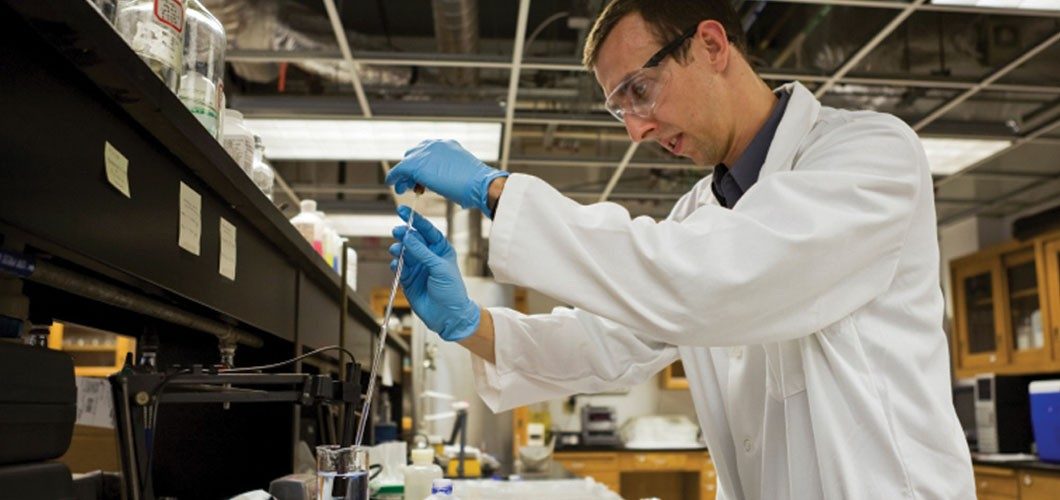
More than one chemist has been surprised to find their ‘novel’ idea was published long ago.
Who is going to pay me to do research?
This is one of the most important questions you might ask about undergraduate research. First, ask your department chair about grants from your institution. Some departments earmark funds from donors to pay for undergraduates to do research on campus. Your advisor or department chair may also be able to arrange for free housing for you if you stay over the summer to do research.
Keep an eye out for competitive campus-wide, non-discipline-specific calls for research proposals. Your faculty advisor might be able to help you identify and write proposals for
these types of programs. At larger schools, or at undergraduate institutions with very active research programs, some faculty may have external research grants that they can use for undergraduate research stipends. Last but not least, check with your department chair for a list of faculty with external funding or submitted research proposals. If you are willing to travel, there are many institutions that actively seek funding for undergraduate research. Visit Get Experience or the ACS International Center to find research opportunities across the country and around the world. You will find information on a variety of locations where undergraduate research funding is provided on a competitive basis.
Finally, do not be afraid to seek out and complete a good undergraduate research project. You will find that research provides a sense of accomplishment that is very different from even outstanding achievement in the classroom. You will develop the ability to plan experiments and apply your chemical knowledge to real scientific situations. Undergraduate research projects will do more than pad your résumé; they will provide you with some of the most memorable and meaningful experiences of your undergraduate career!


